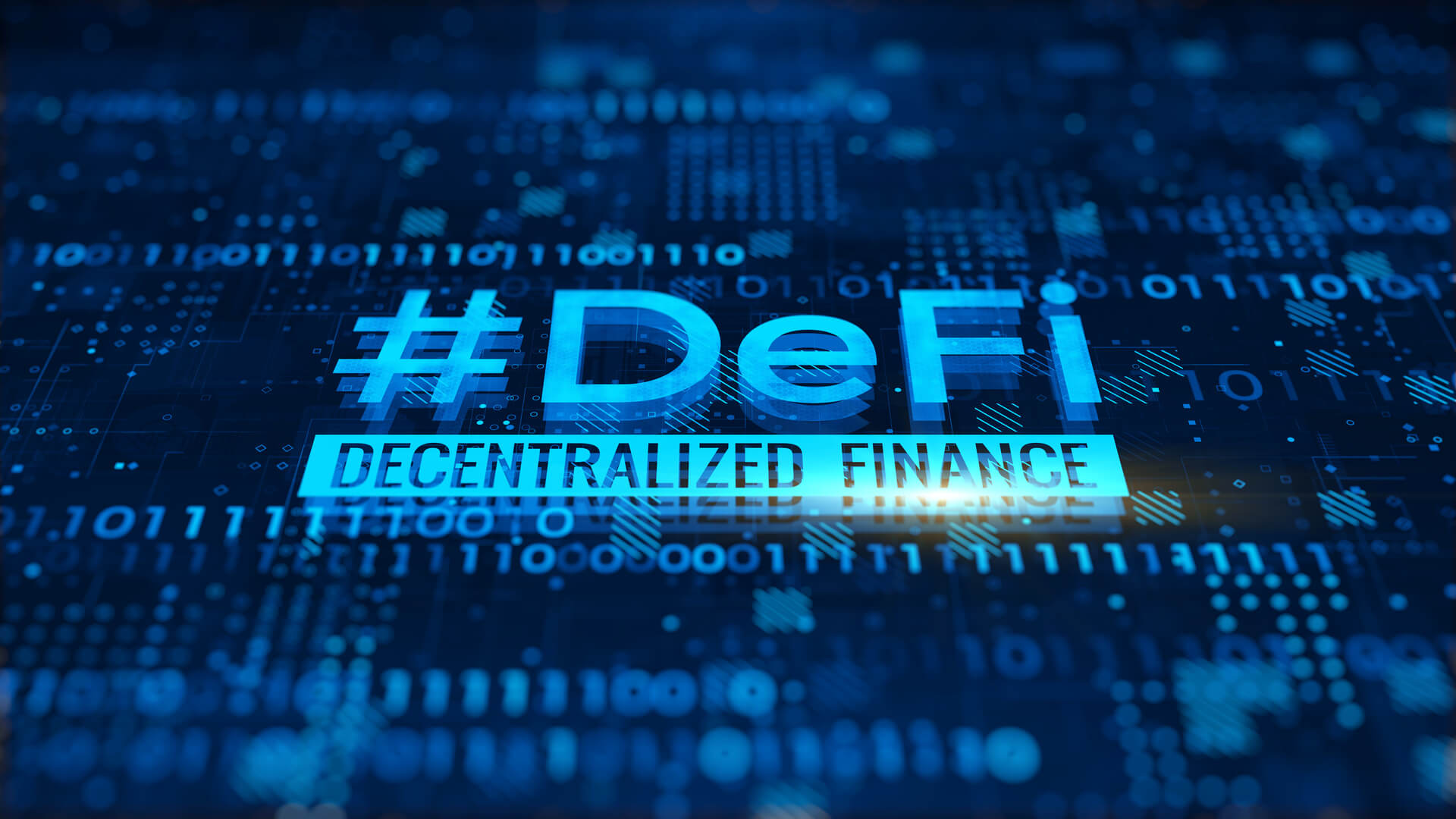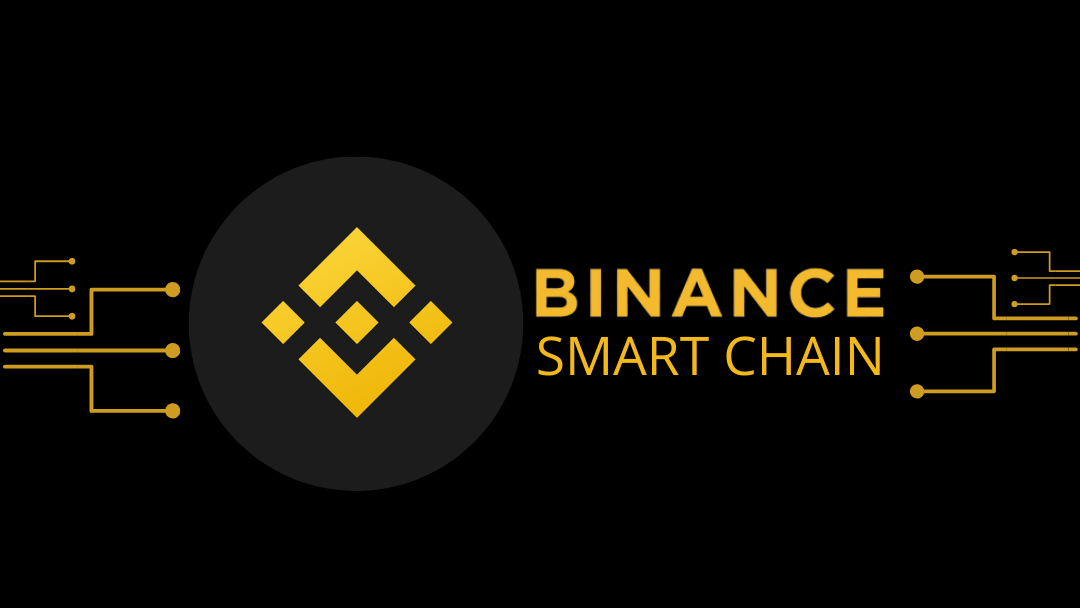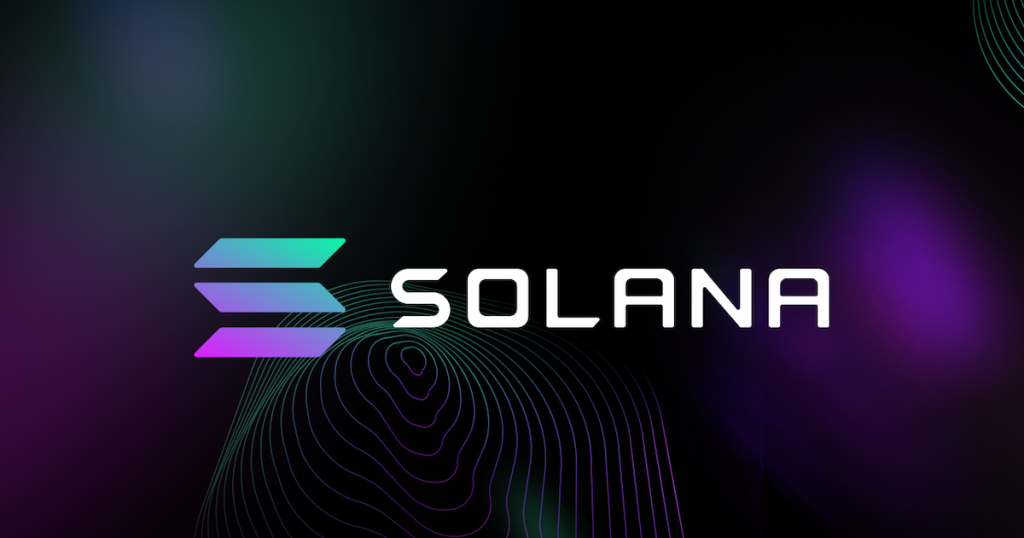Exploring DeFi Beyond Ethereum: Diving into DeFi Platforms on Alternative Blockchains
Exploring DeFi Beyond Ethereum
Diving into Decentralized Finance Platforms on Alternative Blockchains
 Decentralized finance (DeFi) has emerged as a revolutionary force in the blockchain space, offering innovative financial products and services without the need for traditional intermediaries. While Ethereum has been the primary platform for DeFi development, alternative blockchains are gaining traction as viable alternatives for building decentralized finance applications. In this article, we'll explore the growth of DeFi protocols on blockchains other than Ethereum, highlighting innovative projects and their unique features.
Decentralized finance (DeFi) has emerged as a revolutionary force in the blockchain space, offering innovative financial products and services without the need for traditional intermediaries. While Ethereum has been the primary platform for DeFi development, alternative blockchains are gaining traction as viable alternatives for building decentralized finance applications. In this article, we'll explore the growth of DeFi protocols on blockchains other than Ethereum, highlighting innovative projects and their unique features.
The Rise of DeFi on Alternative Blockchains
While Ethereum pioneered DeFi with projects like Uniswap, Compound, and MakerDAO, several alternative blockchains have entered the DeFi space, offering scalability, interoperability, and lower transaction fees. Some of the most prominent alternative blockchains for DeFi development include Binance Smart Chain (BSC), Polygon (formerly Matic Network), Solana and Avalanche.
- Binance Smart Chain (BSC): Binance Smart Chain has emerged as a leading alternative blockchain for DeFi, offering low transaction fees and high throughput compared to Ethereum. PancakeSwap, a decentralized exchange (DEX) on BSC, has gained popularity for its low-cost transactions and high liquidity pools. Other DeFi projects on BSC include Venus Protocol, a lending and borrowing platform, and BakerySwap, a decentralized automated market maker (AMM).

- Polygon (formerly Matic Network): Polygon is a layer-2 scaling solution for Ethereum that aims to improve scalability and usability for DeFi applications. Several DeFi projects have migrated to Polygon to leverage its fast and low-cost transactions, including Aavegotchi, a decentralized finance project combining DeFi with non-fungible tokens (NFTs), and QuickSwap, a decentralized exchange similar to Uniswap.

- Solana: Solana is a high-performance blockchain designed for scalability and speed, making it well-suited for DeFi applications with high throughput requirements. Serum, a decentralized exchange built on Solana, offers fast and low-cost trading with high liquidity. Other DeFi projects on Solana include Raydium, a liquidity provider and automated market maker (AMM), and Mango Markets, a decentralized lending platform.

- Avalanche: Avalanche is a scalable and interoperable blockchain platform that supports DeFi applications with high transaction throughput and sub-second finality. Pangolin, a decentralized exchange on Avalanche, offers fast and low-cost trading with a user-friendly interface. Other DeFi projects on Avalanche include BENQI, a decentralized lending platform, and Snowball, a yield aggregator and optimizer.
 The growth of DeFi beyond Ethereum demonstrates the increasing diversity and innovation in the decentralized finance space. Alternative blockchains offer scalability, low transaction fees, and unique features that cater to different DeFi use cases and user preferences. As DeFi continues to evolve and expand, interoperability between different blockchain networks will become increasingly important, enabling seamless asset transfers and liquidity sharing across decentralized finance ecosystems. With the proliferation of DeFi projects on alternative blockchains, the decentralized finance landscape is poised for further growth, innovation, and adoption in the years to come.
The growth of DeFi beyond Ethereum demonstrates the increasing diversity and innovation in the decentralized finance space. Alternative blockchains offer scalability, low transaction fees, and unique features that cater to different DeFi use cases and user preferences. As DeFi continues to evolve and expand, interoperability between different blockchain networks will become increasingly important, enabling seamless asset transfers and liquidity sharing across decentralized finance ecosystems. With the proliferation of DeFi projects on alternative blockchains, the decentralized finance landscape is poised for further growth, innovation, and adoption in the years to come.
Always remember
D.Y.O.R.
Not your keys, Not your crypto!
Thank you for reading!
Find useful articles to read: HERE






































